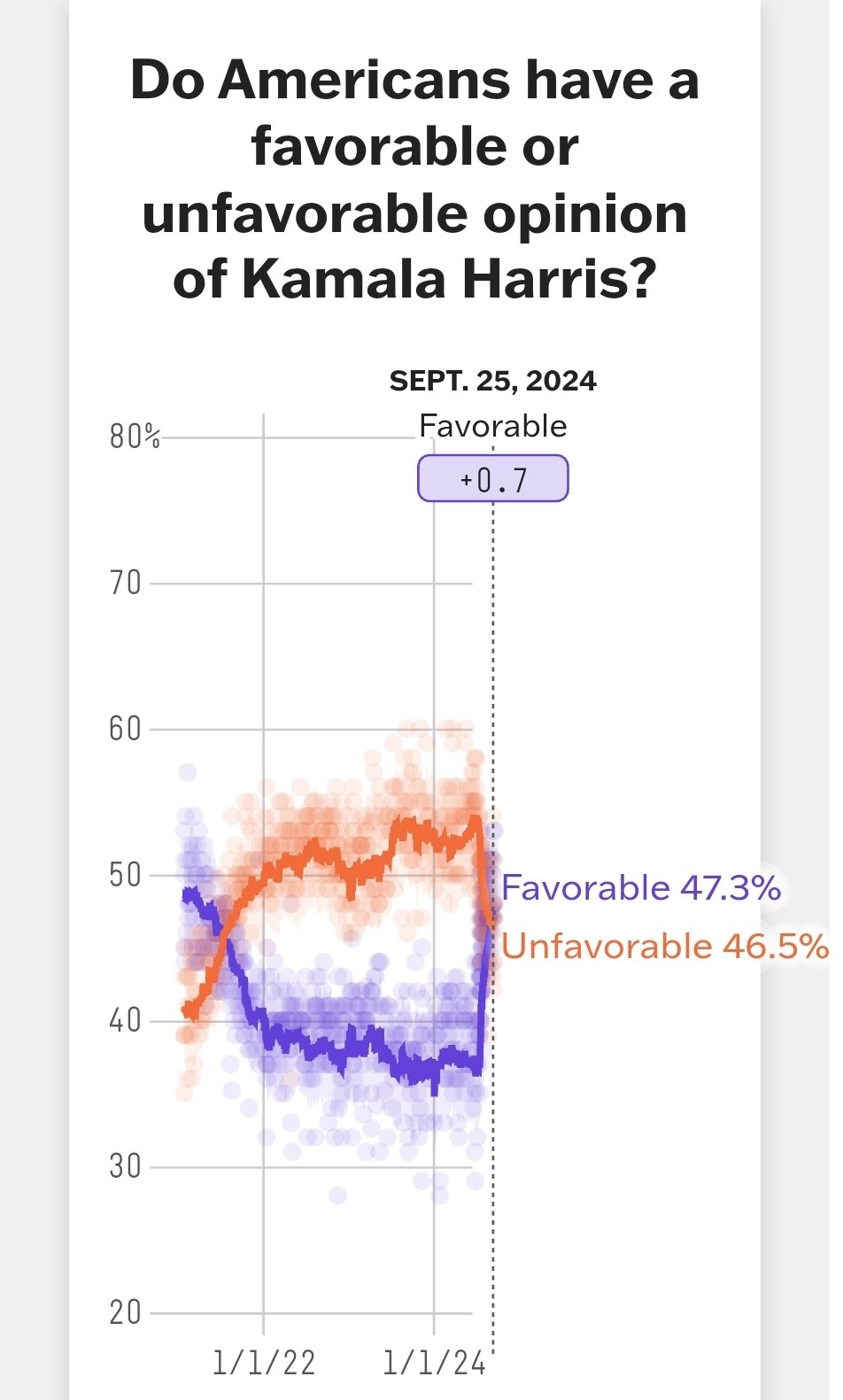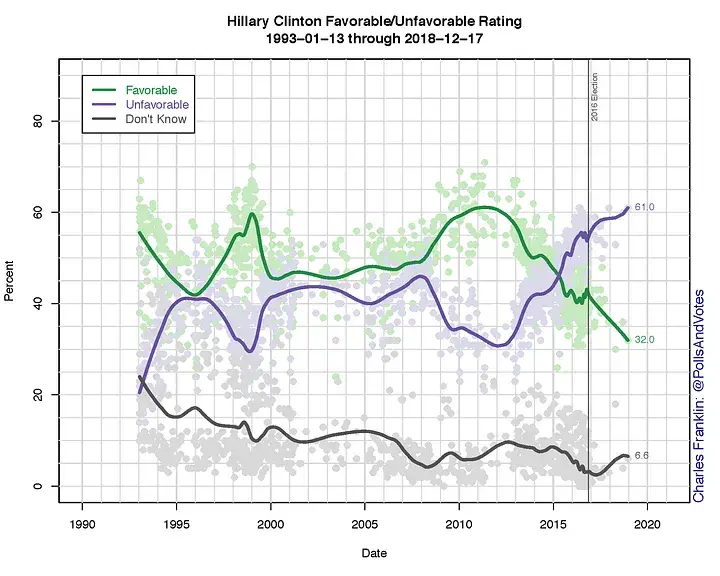The head of the House Democratic Caucus warned Tuesday that voters should have no faith in Speaker Mike Johnson (R-La.) to certify this year’s presidential election results because of his role in promoting former President Trump’s false claims about the 2020 contest being “rigged.”
“He doesn’t have a track record that would indicate to the American people that he should be believed,” Rep. Pete Aguilar (D-Calif.) said during a press briefing in the Capitol.
The charge came shortly after Johnson, appearing at the same pressroom podium, had vowed to back the certification of the winner of this year’s contest between Trump and Vice President Harris — if the elections are “free, fair and safe.”
So… When pre modern societies had an enemy within that was openly trying to destroy their way of life, they’d just kill that person or render them as outlaws (literally not protected by the law).
Instead we’re just watching them lie, and allowing them to retain their position, privileges, and safety until… When exactly? What’s the civilized solution when we’re subject to the rulership of men who are protected by our laws but not bound by them? Everyone knows “free, fair, and safe” is code for “if my guy wins”, because it’s the same exact way Trump talks about repeating his insurrection any time you ask if he’ll accept the results. The lies are clear and the wheels of justice aren’t fast enough to stop them. What’s the civilized solution?
Prioritized trials for elected officials. They take prominence over all other trials and should have strict time frames.
We uh…
Don’t have that
Yup
the right of the people to keep and bear Arms, shall not be infringed.
exists for a reason.
2 failed attempts so far
IIRC the Speaker has no role in certification. It’s the sitting VP who does that.
https://www.archives.gov/electoral-college/roles
House and Senate staff meet with OFR staff to inspect the Certificates of Vote in late December. If any State’s Certificate fails to reach the President of the Senate, the President of the Senate calls on OFR to deliver duplicate originals in its possession to complete the set held by Congress.
Congress meets in joint session in the House of Representatives on January 6 to count the electoral votes. The Vice President, as President of the Senate, is the presiding officer, whose powers are limited by Federal statute to performing ministerial duties. The President of the Senate opens the votes of the States in alphabetical order, and hands them to the appointed Tellers, who announce the results out loud. The President of the Senate then calls for any objections.
To be recognized, an objection must:
be submitted in writing
be signed by at least one-fifth of the House and one-fifth of the Senate
state clearly and concisely, without argument, one of two acceptable grounds for objection; that:
a. the electors of the State were not lawfully certified under a Certificate of Ascertainment, or
b. the vote of one or more electors has not been regularly given.
If an objection is recognized, the House and Senate withdraw to their respective chambers to consider the merits of any objections, following the process set out in 3 U.S.C. §§ 15 and 17. After all the votes are recorded and counted, the President of the Senate declares which persons, if any, have been elected President and Vice President of the United States.
I think the concern is that Johnson is one step away from the VP so if either Biden or Harris aren’t as lucky as donald has been recently then he would be the one responsible for certifying.
It’s only a line of succession if the top spot is gone.
If Biden is gone then Harris becomes president, but the VP spot remains open.
If Harris is gone then the VP spot remains open.
A new VP is then filled by someone nominated by the President and approved by the Senate. (It’s possible things could freeze here, but not by Johnson.)
AFAIK there is nothing that would make Johnson the acting VP.
Only if Biden & Harris die in a short window, moving him to President, would he be a problem.
A new VP is then filled by someone nominated by the President and approved by the Senate. (It’s possible things could freeze here, but not by Johnson.)
The 25th Amendment says that a VP replacement has to be confirmed by both Houses of Congress. Johnson could absolutely fuck shit up there.
Ah my bad.
I did a little digging and it looks like the certification process is actually handled by the President of the Senate, not the Vice President. It just so happens that the President of the Senate is also the Vice President. However the President pro tempore acts as the President of the Senate if the Vice President is unavailable.
So if we had no Vice President, we would still have a President of the Senate, so things would continue as normal.
Which, considering the VP is currently a candidate, it might be the Pro Tempore stepping in.
To avoid conflicts of interest in what is supposed to be an entirely ceremonial role….
No it’s like the nemesis system in the Lord of the rings games and everyone moves up one slot! /S
Sadly they still have a patent on that, so Democracy will have to wait.
It doesn’t work that way.
If Biden is out, Harris becomes President, picks her own VP who would do the certification.
If Harris is out, well that would be a nightmare because of the election, but Biden would replace her and that VP would do the certification.
If Biden AND Harris are both lost in some kind of catastrophe, Johnson becomes President and still doesn’t certify the election because whoever he picks for VP would do that.
It’s not that neat.
According to the 25th Amendment, if there is a vacancy in the VP slot, a candidate is nominated by the President but must be confirmed by both Houses of Congress.
You can immediately see why that would be a problem if the GOP has control of either House.
Oh? I thought the whole cabinet shuffled by one. TIL.
Shuffles by one if it has to, but anyone with a boss can just be replaced because that higher authority exists.
Usually this is discussed with just the president, who has no higher authority, or in the case of mass death like nuclear war, with an assumption that we lose a good chunk of the government. But not this conversation, where VP matters more than P for certification.
So what can be done.
How is that a problem? Far as I know, that’s a joint session with the sitting VP in charge. The speaker doesn’t play that much of a role.
The Hill - News Source Context (Click to view Full Report)
Information for The Hill:
MBFC: Least Biased - Credibility: High - Factual Reporting: Mostly Factual - United States of America
Wikipedia about this sourceSearch topics on Ground.News
https://thehill.com/homenews/house/4896779-democrat-doubts-mike-johnson-certifying-election/
I like how democrats are suddenly making noise weeks before the election about voter fraud and disenfranchisement in Georgia and elsewhere, the traitors in congress, and all the other ways Republicans have been subverting the electoral process. Too little, too late.
This is extra concerning because it seems more likely than not Trump will win this election. I’m not counting on democrats to be able to mount an effective defense of the country as a whole when Trump starts playing dirty pool from the oval office.
Just remember, at best this election is a coin flip, but I tend to agree with the democratic insiders that are confident Harris’s numbers are both soft and inaccurately high. Not to mention even with these theoretically inflated numbers, she’s still doing worse than Hillary and Biden at this point in the election. As we may all recall, Hillary lost and Biden won by barely 44,000 votes.
Effective resistance is going to be very important, and the democrats look about as ignorant and ineffective as ever.
she’s still doing worse than Hillary
I find this hard to believe
Whether you believe it or not doesn’t particularly matter. I imagine there’s a strong possibility you’re going to be saying “I find this hard to believe” after the election as well.
Explain this then
Aggregated Harris rating, now: 47.3% favorable, 46.5% unfavorable (source)

(Aggregated?) Hillary rating, during 2016 election: ~42.5% favorable, ~52.5% unfavorable (source)

Note that Hillary’s rating looks even lower (by ~2.5%) right before the 2016 election, which might be a better point of comparison, but the graph resolution isn’t good enough so I’m using the Clinton-favored statistics and she still loses.
Sure, fairly easy to explain. Historically, favorability ratings have only a loose connection to actual voting behavior. For example, Donald Trump had consistently low favorability numbers during the 2016 campaign, and many analysts assumed this would prevent him from winning. He also currently has a 10-point unfavorability rating. Yet, he secured the presidency in 2016, and is currently even and trending up in electoral college projections, showing that favorability ratings don’t predict and are often only loosely correlated with electoral outcomes. Similarly, current favorability ratings suggest Harris is struggling in terms of public perception and trending down, but those polls alone don’t fully represent the complex dynamics of a presidential race. Note that your 538 visualization uses a two-year timeline, meaning you’re missing a lot of granularity in favorability since she took over the candidacy. Since that initial jump when she took over for Biden, her numbers have been much more ambidirectional on that front: from low-to-mid 50s to high 40s, etc.
Looking at the current polling data, Vice President Harris is trailing Trump in several critical battleground states like Arizona and Georgia, with Trump holding a 5-point and 4-point lead in these states, respectively. While she holds a slim national lead in some aggregate polls, such as a 3.7% edge in national polling (less than Biden won by), this has not translated into a clear advantage in all key regions and, thereby, the electoral college. Importantly, Biden performed better in similar polls during the 2020 election campaign than Harris is currently performing against Trump.
Compared to Hillary Clinton at the same point in 2016, Harris is polling similarly or worse in some battlegrounds, i.e., on the whole worse. Clinton also struggled with unfavorable ratings but she managed to maintain stronger polling in many regions than Harris currently is up until late in the race.
The issue with relying solely on favorability ratings is that they only capture general sentiment toward a candidate and not the decisive factors like voter enthusiasm, turnout strategies, or key policy stances that can ultimately sway elections. They also don’t capture voter intention, but rather how a broad sampling “feels” about a candidate at any given point in time. Moreover, favorability ratings can fluctuate based on short-term controversies or media coverage and don’t always reflect the strategic or demographic realities that decide elections. In short, while these ratings can provide insights, they shouldn’t be overemphasized as predictors of electoral success, and they’re certainly not useful as a counter-argument to the simple fact that Harris is doing worse than Clinton and Biden at similar points during their respective campaigns.
While it’s frustrating and seemingly unbelievable given who she’s running against, Harris is currently in serious danger of losing the election.
Damn, ok I agree now actually
Thanks for reading it and being open to changing your mind. I appreciate you.
I try :)
And I appreciate you as well! That was a long comment, it takes effort that you’re not sure you’ll get anything back from. Respect







